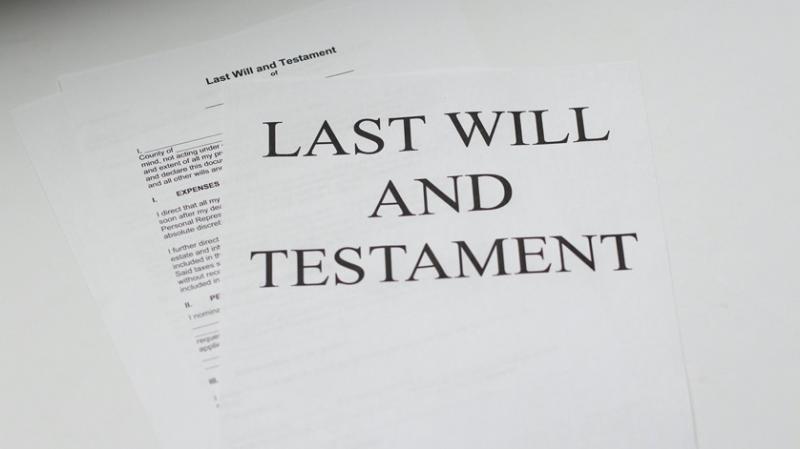4 Differences Between a Trust and a Will

Photo by Melinda Gimpel on Unsplash
Wills and trusts are confusing because they are so similar. They both deal with the appointment of property and finances. However, there are important differences that are key to understand.
First, it is important to know that “A will is a legal document that instructs how you want your assets (financial and material) distributed after your death.” While a trust protects the assets of your estate. There are multiple types of trusts though, including living, revocable, and irrevocable, so talk to your attorney to help you decide which option will be best for you.
1. Privacy
One difference between wills and trusts is that trusts have increased privacy. Wills must go through a probate court to decide whether the property that is being distributed to the beneficiaries is legal and valid, thus making the record public. This may be something you would like to avoid, especially if you decide to disinherit someone through your will. Trusts, on the other hand, do not need to go through probate court and are therefore private.
2. Price
The price of creating a trust or a will varies, especially depending on the attorney you decide to hire. But, overall, your beneficiaries will most likely be exempt from taxes through a trust because the federal gift tax only affects those with estates worth more than $5.12 million. Besides saving your beneficiaries the hassle of taxes, trusts are also (usually) more cut and dry than wills. A living trust is made by the trustor who handles the assets in the trust until their death. At that time, the trust will be passed to the named beneficiaries without any extra court or attorney fees. Wills, on the other hand, if not clearly laid out, can cause confusion—and even anger—between beneficiaries. This can lead to long cases and extra costs to pay the courts and attorneys.
3. Guardians
Something that a trust cannot do, however, is appoint guardians for any children who are minors. If you die without a will or a will that clearly states new guardians for the children, your surviving family will have to seek help in court for a new guardian. This may result in your children being cared for by someone you may not have wanted.
4. Funeral Arrangements
A will also determine funeral arrangements. If you know you want to be buried in a specific place or for your ashes to be spread somewhere specific, you can clearly state these wishes in your will. Having clear funeral arrangements is not only nice for you but also for your family. It clears away any confusion about your wants and lessens the stress of putting together funeral arrangements for your family.
Drawing up a will or planning trusts can provide you with peace of mind. If you have more questions concerning your estate plans, contact an attorney near you. An attorney can give you the best legal advice for your case and can politely prepare you for distributing your property to your beneficiaries.
More to Read:
Previous Posts:
Next Posts:




